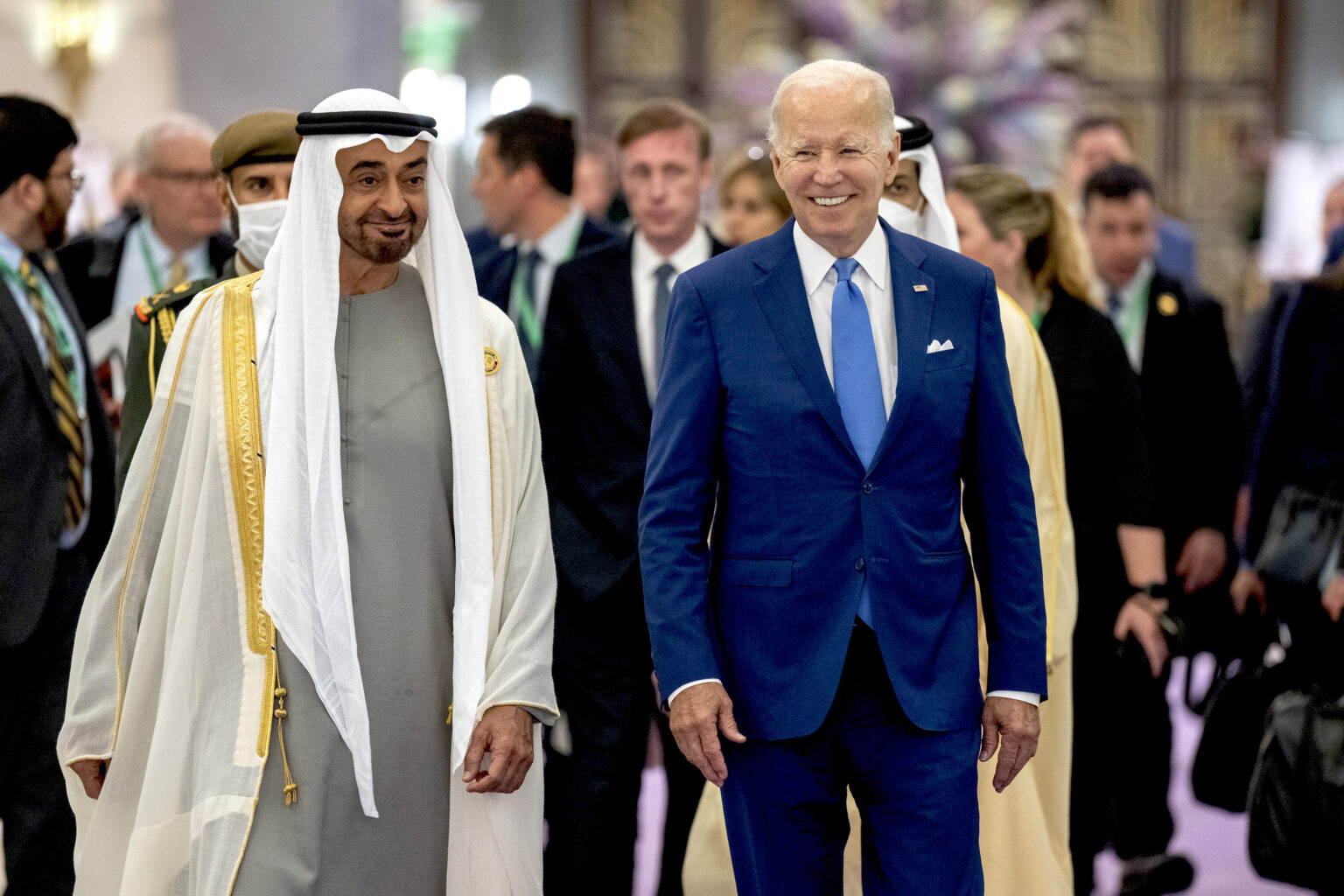by AS’AD ABUKHALIL

The United Arab Emirates has enjoyed excellent press in the West; not that the kingdom has stayed out of trouble in the Middle East or maintained neutrality in the various conflicts and wars raging around them.
Far from it. The U.A.E. has in fact instigated — and added fuel to — the fires of many wars and conflicts in the region. The reason for its favorable treatment in the West has to do with the enormous wealth of the country and the competition in the West to sell the the Emiratis high-end military equipment, from advanced arms to planes.
The U.A.E. achieved the status it enjoys in Washington, D.C. through extensive lobbying, generous funding and rapprochement with Israel regardless of the latter’s war crimes in the region.
When Mohammed bin Zayed (MbZ) ascended to the throne (even when his brother Khalifa Ben Zayed was the nominal ruler) he dispatched a close aide, Yusuf Otaiba, to Washington as ambassador to the U.S. to promote military and intelligence relations between the countries.
Like the former Saudi Ambassador Prince Bandar before him, Otaiba quickly reached the conclusion that the road to the heart of Congress must pass through AIPAC, the legendary Israeli lobby. Otaiba’s generation of Arab Gulf leaders is unburdened by any emotions or passions regarding Palestine; and present-day Gulf despots don’t have to look over their shoulders in anticipation of speeches by Gamal Nasser in which the Egyptian leader would mobilize the Arab masses from the Gulf to the ocean.
The relationship among countries of the Gulf has never been harmonious, but the U.S. exerted its influence immediately after the 1979 Iranian revolution to push them into a security arrangement (the Gulf Cooperation Council, founded in 1981) to fend off Iranian danger and threats, alleged or real, and to distance the Gulf political order from the Arab core regarding the Palestinian question.
Consortium News for more
